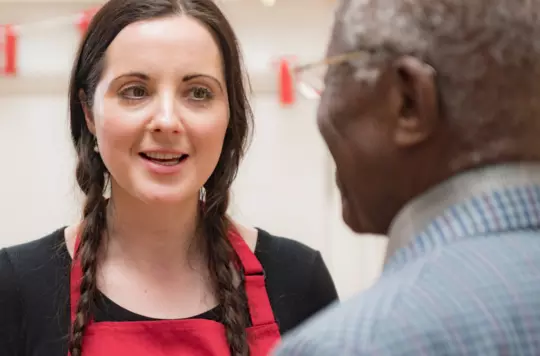27 June 2023
Meet the life-changers: Why volunteer for The Salvation Army?

Salvationist finds out why people choose to volunteer for the Anti-Trafficking and Modern Slavery Department.
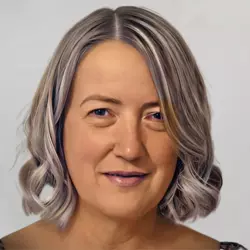
Andrea Latheron-Cassule
First Responder
I attended the Women and God weekend in 2019 and Romans 12:1 and 2 inspired me. After an awareness session by Territorial Director of Anti-Trafficking and Modern Slavery Major Kathy Betteridge, I eagerly emailed and began volunteering as a first responder.
The role is varied. We’re passed information – from a name to a 30-page solicitor statement – which I go through thoroughly. I find this helps people open up and creates a relaxed and thorough interview.
The work can be a learning curve, but we are provided with great support from the Anti-Trafficking Response Co-ordinators, which is really appreciated.
As a civil servant, my day job manager is supportive of my volunteering, encouraging me to talk at divisional meetings and raise awareness. Colleagues ask if it’s difficult or emotionally draining, but I quote Catherine Booth: ‘What the Lord wants is that you shall go about the business to which he sets you, not asking for an easy post, nor grumbling at a hard one.
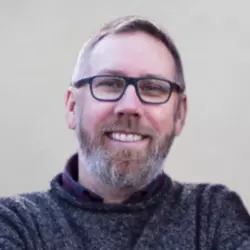
Rich Johnson
Transport Volunteer
I joined the Anti-Trafficking and Modern Slavery team in January. I wanted to do volunteer work with a difference. I love driving, so when I found this opportunity, it was a match made in heaven.
We help victims of human trafficking and modern slavery by transferring them to safe places in the UK. It’s a very rewarding role as you are massively helping someone who is at a very low point in their life.
Every journey is different. There are always lots of questions going around your head about the person you are about to pick up. Every person I have helped has been so nice and extremely grateful for the help we provide. It’s hard to see people who have been treated in the worst possible ways, but you reassure them that, from today, everything will get better.
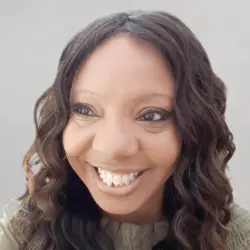
Gwyn Rose-Hocknull
Volunteer Mentor
I support people by acting as a positive influence and enabling them to be the best that they can be. Along with a colleague, I meet with our mentee every two weeks to set goals. This could include phoning the housing association with a query or finding the nearest community centre. Most of the time it’s just listening; we might be the only people that they trust to talk to.
The reality is that the person in front of you is a survivor and may have complex needs. The biggest challenge for me is remembering my training to not get too close or overstep boundaries.
A few years ago, I believe I came across a victim of modern slavery. As a HR officer, I terminated their contract for stealing food. After attending a three-day training course with the Gangmasters and Labour Abuse Authority, it cut me to my core that all the signs of modern slavery were there, but I didn’t know how to spot them. I promised myself that I would help educate people to consider these signs and, if there was the opportunity, to support survivors of this horrible crime.
- Find out more about getting involved and changing lives by emailing atmsintegratedmission@salvationarmy.org.uk
Discover more

Ahead of an ecumenical call to prayer, Major Nick Coke reminds us that we are called to engage with the world.
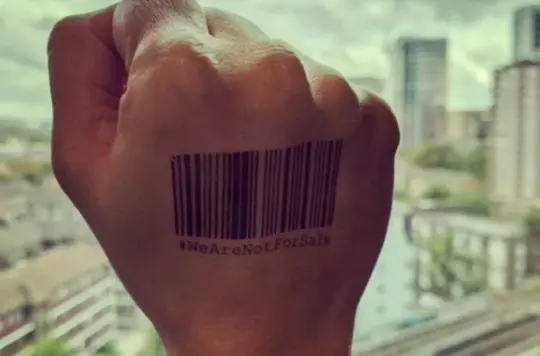
Our vision is to bring an end to slavery, fight for social justice and respond with compassionate care.
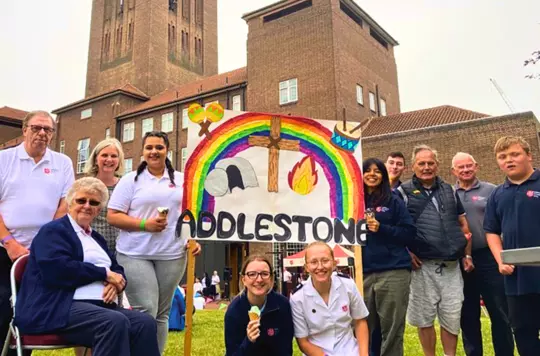
Major Ian Loxley introduces the Addlestone gap year programme and two interns share their experiences.
